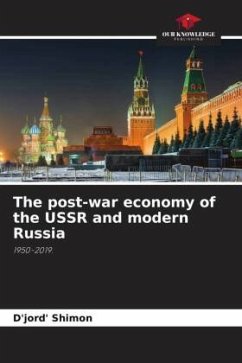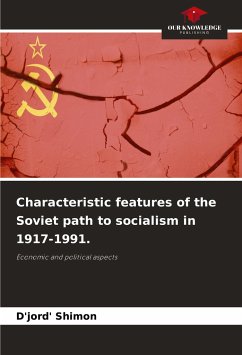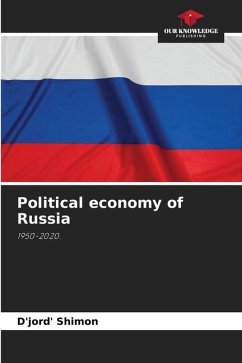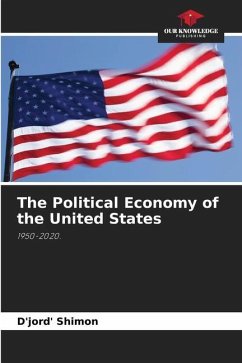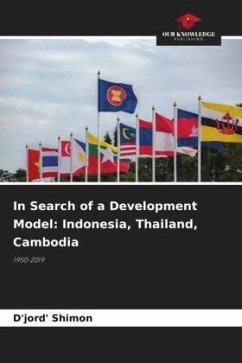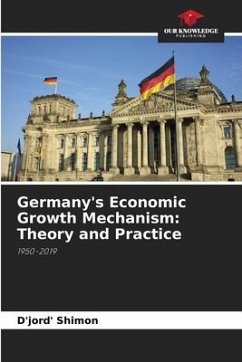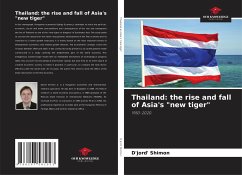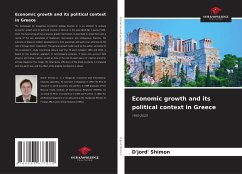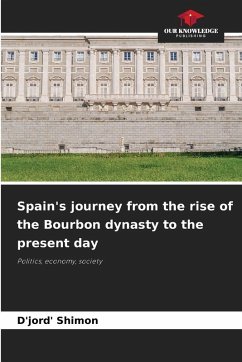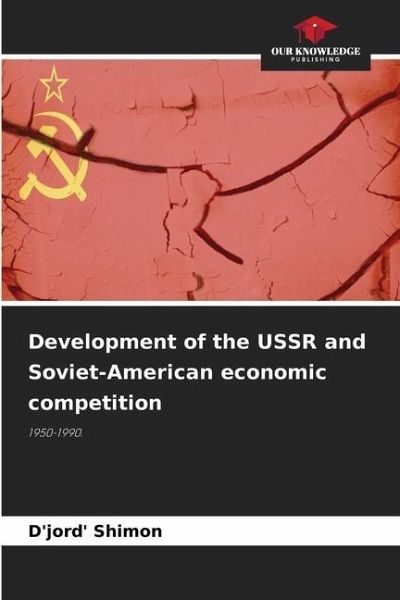
Development of the USSR and Soviet-American economic competition
1950-1990.
Versandkostenfrei!
Versandfertig in 6-10 Tagen
59,99 €
inkl. MwSt.

PAYBACK Punkte
30 °P sammeln!
The monograph by Hungarian economist György Szymon Jr. analyzes the main processes of the post-war economic development of the Soviet Union. The theoretical framework of his study includes, in addition to the works of the classics of Marxism-Leninism, mainly neoclassical and endogenous models of economic growth. The author pays special attention to key issues of economic policy and Soviet-American rivalry. Econometric analysis of the development of the national economy of the USSR in the period 1950-1990 was conducted primarily using the so-called general, or world model. This endogenous Cald...
The monograph by Hungarian economist György Szymon Jr. analyzes the main processes of the post-war economic development of the Soviet Union. The theoretical framework of his study includes, in addition to the works of the classics of Marxism-Leninism, mainly neoclassical and endogenous models of economic growth. The author pays special attention to key issues of economic policy and Soviet-American rivalry. Econometric analysis of the development of the national economy of the USSR in the period 1950-1990 was conducted primarily using the so-called general, or world model. This endogenous Caldorov-type growth model with a built-in mechanism of technical progress takes into account not only physical and human capital, but also time as an event space of creative economic activity. It was constructed by Prof. György Simon Sr. (1930-2008) as part of a world economic study covering 131 countries, including the USSR.



